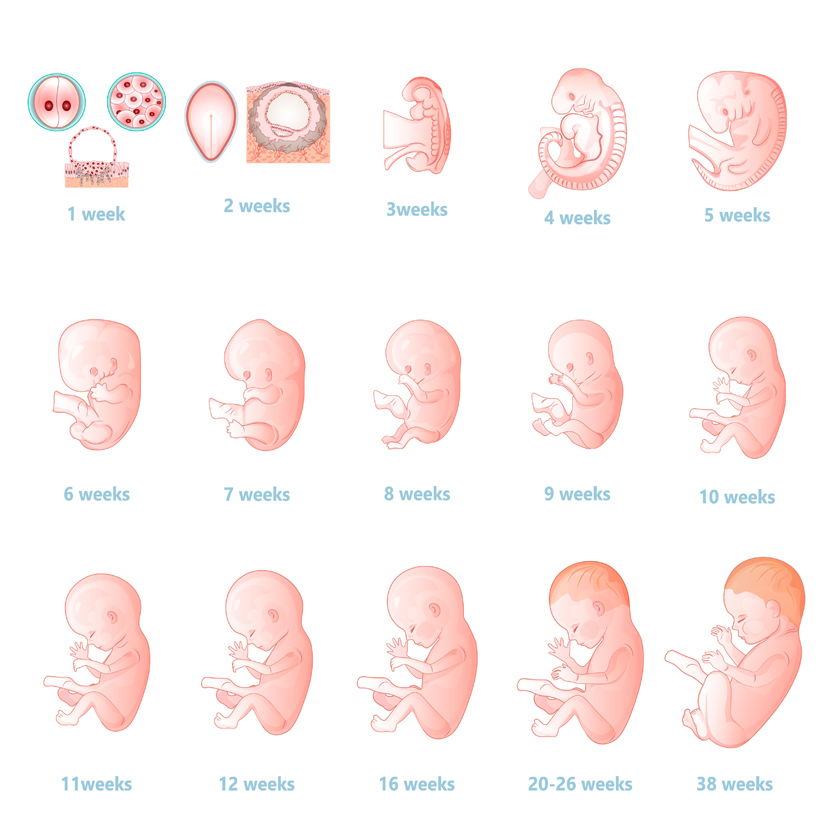 Source: bing.com
Source: bing.comTable of Contents
Introduction
Babies are a bundle of joy! Their tiny hands, feet, and innocent faces are a sight to behold. However, have you ever wondered how these tiny humans grow and develop their organs? It’s fascinating to learn that their little bodies have all the organs that adults have but in a much smaller size. So, how do babies’ organs develop? Let’s find out!
Embryonic Development
Babies’ organ development begins at the embryonic stage. At around three weeks after conception, the embryo forms three layers: the endoderm, mesoderm, and ectoderm. These layers are responsible for the development of different organs in the body. The endoderm layer will develop into the lungs, liver, pancreas, and digestive system. The mesoderm layer will form the muscles, bones, kidneys, and circulatory system. The ectoderm layer will develop into the skin, hair, nails, and nervous system.
Fetal Development
As the embryo grows, it becomes a fetus, and during this stage, the organs begin to take shape. The heart, which is the first organ to form, starts beating at around three weeks after conception. By week eight, all the major organs have begun to develop, and they continue to grow and mature throughout fetal development.
Organ Development
Each organ develops at its pace and in its unique way. For instance, the lungs start developing in the fourth week and continue to grow and mature until birth. The liver and kidneys start functioning in the second trimester, while the digestive system starts working in the third trimester. The brain and nervous system develop throughout pregnancy and continue to mature after birth.
Factors Affecting Organ Development
Several factors can affect a baby’s organ development, including genetics, maternal health, and environmental factors. For instance, if the mother has a pre-existing medical condition like diabetes, it can affect the baby’s organ development. Exposure to toxins like alcohol and drugs can also affect organ development, leading to birth defects or developmental delays.
Conclusion
Babies’ organ development is a complex and fascinating process that begins at the embryonic stage and continues throughout fetal development. Each organ develops at its pace and in its unique way. However, several factors can affect organ development, leading to birth defects or developmental delays. Therefore, it’s essential to take care of the mother’s health and avoid exposure to toxins during pregnancy.
Frequently Asked Questions
Q. How long does it take for a baby’s organs to develop?
A. Babies’ organ development begins at the embryonic stage, and by the end of the eighth week, all the major organs have started to develop. However, the organs continue to grow and mature throughout fetal development.
Q. Can exposure to toxins affect a baby’s organ development?
A. Yes, exposure to toxins like alcohol and drugs can affect a baby’s organ development, leading to birth defects or developmental delays.
Q. How can mothers take care of their health during pregnancy?
A. Mothers can take care of their health during pregnancy by eating a well-balanced diet, staying active, getting enough rest, and avoiding exposure to toxins.
Q. Can genetics affect a baby’s organ development?
A. Yes, genetics can affect a baby’s organ development, and some genetic disorders can lead to birth defects or developmental delays.
Q. When does the brain and nervous system develop?
A. The brain and nervous system start developing in the embryonic stage and continue to mature throughout fetal development and after birth.
